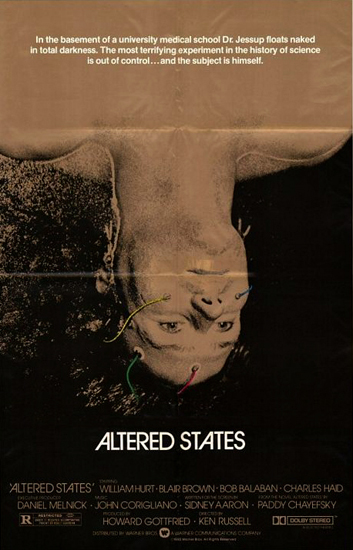

Humans have likely been drumming, rattling and chanting together, creating art, fasting, sweating and cleansing, meditating, exploring sleep deprivation, going on vision quests, spending extended time in isolation alone, dancing, and singing together for ritual, rite of passage, and spiritual purposes for thousands of years. In the more archaic quest to explore consciousness, humans developed ways to shift their states of consciousness by employing various techniques and practices. No wonder people have been investigating consciousness-and ways to shift it-for millennia. We are in a constant dance of experience depending on our state. We feel a sense of effortlessness and flow and receive understandings and insights, feeling the warmth of compassion toward all of life. At other times, we find ourselves feeling open and loving, connecting easily with other people, animals, plants, and our natural environment. We might feel isolated from other people, even those close to us. Sometimes we feel tight in our bodies, mentally contracted, unable to connect with others or even ourselves. Most often, we each feel contentedly separate, as though we are individual organisms moving through space, alternating between comfort, discomfort, or boredom depending on whether we feel attraction, aversion, or indifference in the moment. There is a vast spectrum of state-specific experiences available to our consciousness. Everything that we talk about, everything that we regard as existing, postulates consciousness.” I regard matter as derivative from consciousness. Perhaps surprisingly, the physicist Max Planck also held this belief in some form, famously saying: “I regard consciousness as fundamental.

Eastern traditions propose that consciousness arises from an empty yet cognizant field of awareness that is the source of all phenomena. In another view, the brain and nervous system serve as organic antennae, picking up information like a radio receiver as we move through an ocean of consciousness. This perspective views our consciousness as a result of chemicals and electrical impulses responding to internal and external influences. Many contemporary philosophers and scientists propose that conscious- ness arises from the brain, beginning at some point in utero and ending at death.

Yet, despite centuries of speculation and investigation into the origins and nature of consciousness, this most intimate basis of our being remains elusive to modern science. There is evidence that humans have been exploring consciousness for thousands of years. Meanwhile, for as long as we have been exploring our external world, we have pursued the equally fascinating realms of our inner world.

We have discovered and studied animals, plants, fungi, and minerals. Throughout our evolution we have developed numerous civilizations, cultures, languages, weapons, and foods. Over many millennia, humans have explored the vast reaches of our planet: its deserts, oceans, mountain ranges, and forests. Like all explorers, we are drawn to discover what’s out there without knowing yet if we have the courage to face it.


 0 kommentar(er)
0 kommentar(er)
